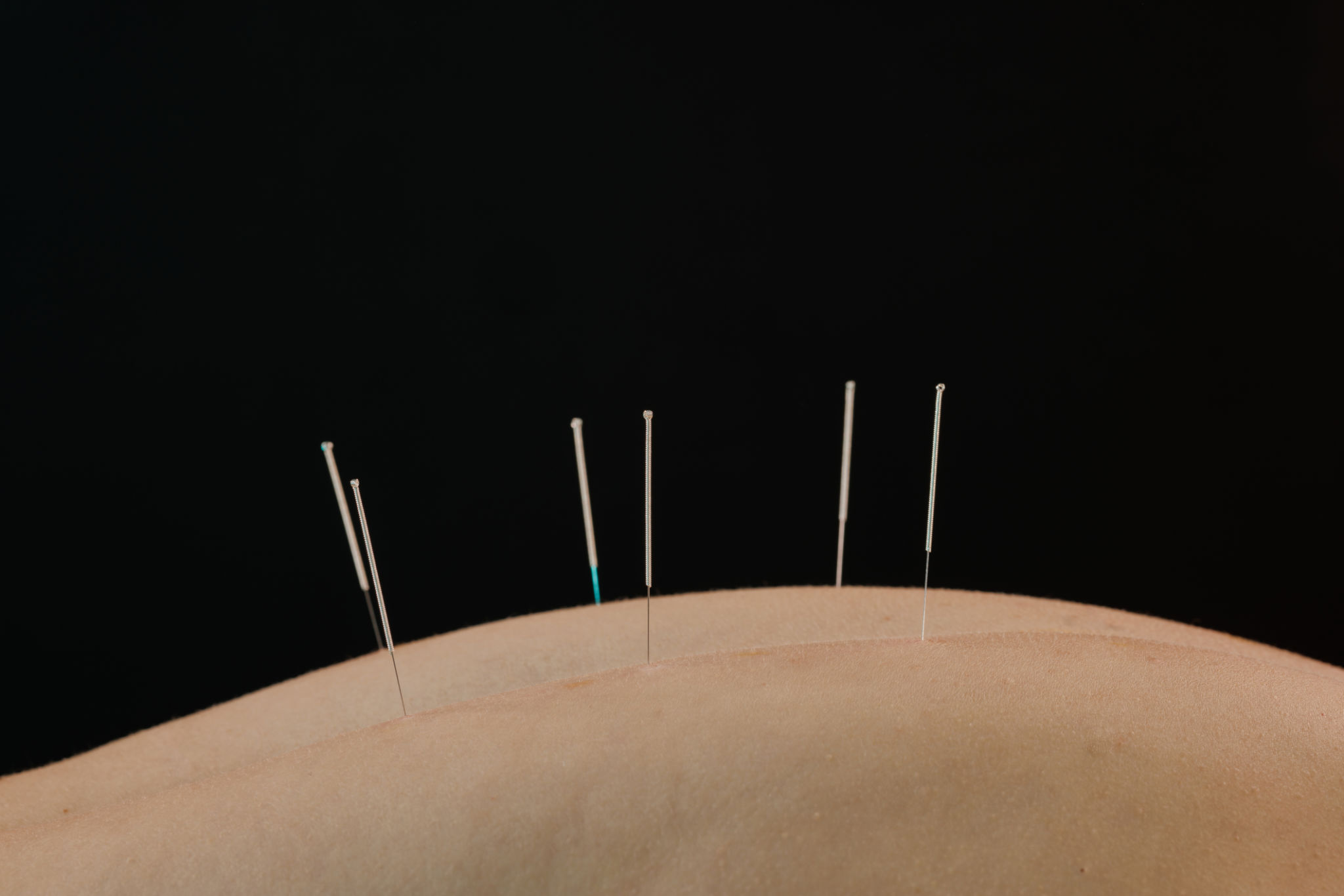Debunking Myths: What Holistic Health Really Means for Women
Understanding Holistic Health
Holistic health is a term often surrounded by misconceptions, especially when it comes to women’s health. Many believe it is an alternative medicine approach that completely disregards traditional medical practices. However, holistic health is about looking at the whole person—body, mind, and spirit—and integrating various treatment methods to promote overall well-being.

For women, holistic health emphasizes the importance of balance in all areas of life. This means not only focusing on physical ailments but also considering emotional and mental health factors that may be contributing to a particular issue. It’s about creating harmony within oneself to achieve optimal health.
Myth: Holistic Health and Traditional Medicine Cannot Coexist
A common myth is that holistic health practices are in opposition to conventional medicine. On the contrary, holistic approaches often work alongside traditional treatments to enhance healing and well-being. For instance, a woman undergoing treatment for a chronic condition might find relief in combining prescribed medications with acupuncture or yoga to manage stress and pain.
Integrating these practices can lead to a more comprehensive care plan that addresses all aspects of health. It’s important for women to consult with healthcare providers who understand and support this integrative approach, ensuring that all treatments complement each other.

The Role of Nutrition and Lifestyle
Nutrition plays a crucial role in holistic health, especially for women who experience hormonal changes throughout their lives. A balanced diet rich in nutrients can support everything from menstrual health to menopause. Holistic health practitioners often recommend personalized dietary plans that align with individual health needs and goals.
Additionally, lifestyle factors such as exercise, sleep, and stress management are integral to holistic health. Regular physical activity and sufficient rest are essential components that help maintain physical and mental well-being. Practices like meditation and mindfulness can further enhance emotional health, allowing women to navigate life's challenges more effectively.

Myth: Holistic Health Is Only for the Alternative Community
Another misconception is that holistic health is only suitable for those deeply immersed in alternative lifestyles. In reality, holistic practices are accessible to everyone and can be adapted to fit an individual’s unique lifestyle and preferences. Whether it's incorporating aromatherapy into a morning routine or practicing deep breathing exercises during lunch breaks, small changes can make a significant impact.
Women from all walks of life can benefit from adopting holistic practices. It’s about finding what resonates personally and integrating those elements into daily life to support overall health.
The Empowerment of Self-Care
Holistic health encourages women to take an active role in their health care, promoting self-awareness and empowerment. By understanding their bodies and minds better, women can make informed decisions that align with their health goals. This empowerment is a critical aspect of holistic health, fostering a sense of control and confidence in one’s well-being.

In conclusion, holistic health is not about rejecting conventional medicine or adhering strictly to alternative practices. Instead, it’s about creating a personalized approach that encompasses all aspects of one’s life. By debunking the myths surrounding holistic health, women can explore these practices with an open mind, discovering what truly works for them in their journey towards optimal health.
